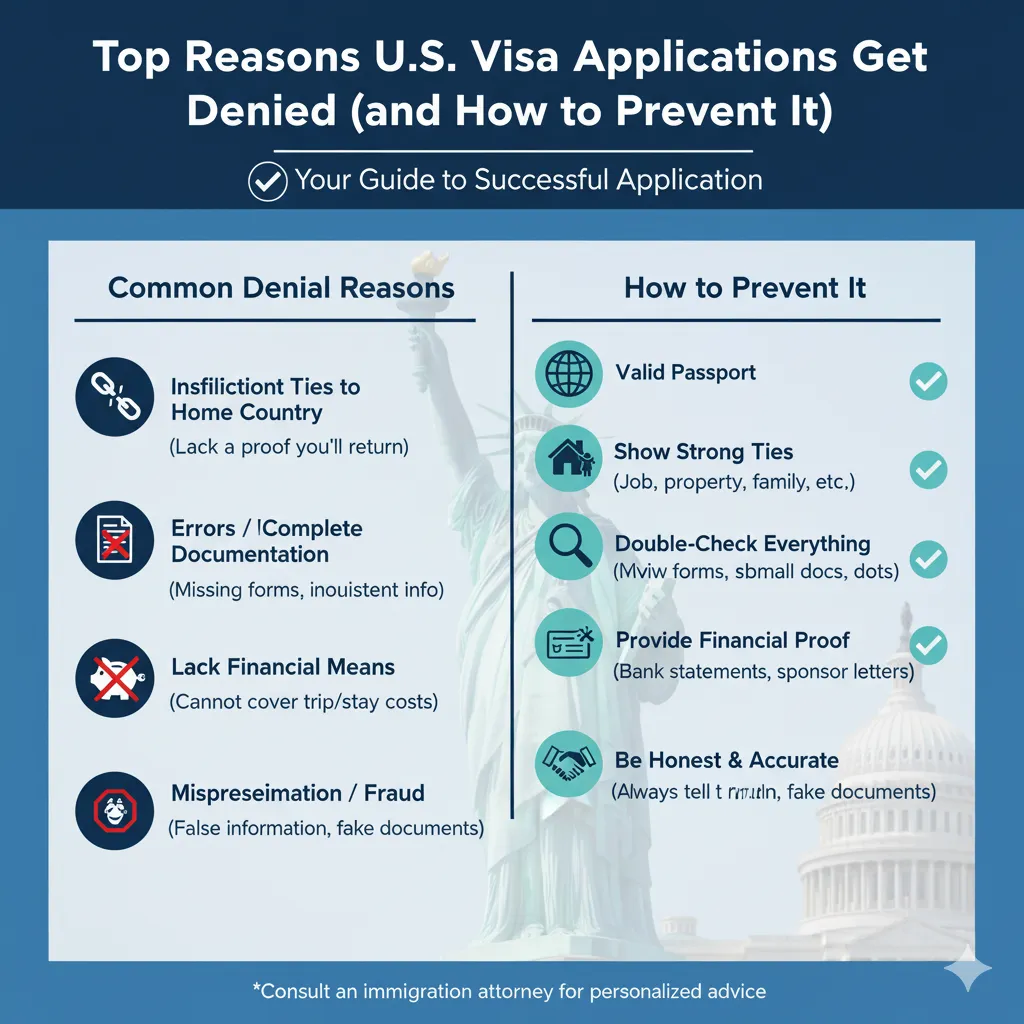Deportation, or removal from the United States, is a deeply unsettling and often terrifying prospect for non-citizens and even some permanent residents. The mere mention of the word “deportation” can evoke immense anxiety, threatening to sever family ties, disrupt careers, and dismantle lives built over years. However, facing a deportation order does not mean the end of the road. With the right legal representation and a strong deportation defense strategy, it is often possible to challenge removal proceedings and secure the right to remain in the U.S.
Understanding the complexities of immigration law and the various avenues for deportation defense is crucial. This article aims to shed light on what deportation defense entails, common grounds for deportation, and the key strategies employed by immigration attorneys to fight for their clients’ rights.
What Triggers Deportation Proceedings?
Deportation proceedings can be initiated for a variety of reasons, often stemming from violations of U.S. immigration laws. Some of the most common triggers include:
- Visa Violations: Overstaying a visa, violating the terms of a visa (e.g., working on a tourist visa), or entering the U.S. without inspection.
- Criminal Convictions: Certain criminal offenses, particularly those involving moral turpitude, aggravated felonies, or drug-related crimes, can lead to mandatory detention and deportation.
- Fraud or Misrepresentation: Providing false information on visa applications, green card petitions, or other immigration documents.
- National Security Concerns: Involvement in terrorist activities or posing a threat to national security.
- Public Charge Rule: While less common now, historically, individuals deemed likely to become primarily dependent on government assistance could be subject to deportation.
- Violation of Status: Failure to maintain lawful immigration status, such as students not attending classes or individuals losing their asylum status.
It’s important to note that even lawful permanent residents (green card holders) are not immune to deportation, especially if they commit certain crimes or violate immigration laws. This underscores the critical need for a robust deportation defense.
Key Strategies in Deportation Defense
When an individual is placed in removal proceedings, their attorney will work to identify the most suitable deportation defense strategy. The specific approach will depend on the unique circumstances of each case, including the grounds for deportation, the individual’s immigration history, and their family ties in the U.S. Here are some common and effective deportation defense strategies:
- Cancellation of Removal: This is a powerful form of deportation defense available to certain non-permanent residents and permanent residents.
- Cancellation of Removal for Non-Permanent Residents: Requires the individual to have been physically present in the U.S. for at least 10 years, demonstrated good moral character during that period, and prove that their removal would cause “exceptional and extremely unusual hardship” to a qualifying U.S. citizen or lawful permanent resident spouse, parent, or child.
- Cancellation of Removal for Permanent Residents: Requires the individual to have been a lawful permanent resident for at least five years, resided continuously in the U.S. for seven years after admission in any status, and not have committed an aggravated felony.
- Asylum and Withholding of Removal: If an individual fears persecution in their home country due to race, religion, nationality, political opinion, or membership in a particular social group, they may apply for asylum. If asylum is granted, they can remain in the U.S. Withholding of removal offers similar protection but does not provide a path to permanent residency. These are crucial deportation defense options for those fleeing danger.
- Adjustment of Status: If an individual is eligible for a green card through a family petition or employment, and they entered the U.S. legally, they may be able to adjust their status to lawful permanent resident while in removal proceedings. This is a common and effective form of deportation defense for many.
- Waivers of Inadmissibility or Deportability: Immigration law provides for various waivers that can excuse certain grounds of inadmissibility or deportability. These waivers are often complex and require demonstrating significant hardship or other compelling factors. Examples include waivers for fraud, misrepresentation, or certain criminal offenses.
- Voluntary Departure: While not a deportation defense in the traditional sense, voluntary departure allows an individual to leave the U.S. at their own expense within a specified timeframe, avoiding a formal deportation order. This can be beneficial as it prevents the negative consequences associated with a deportation order, such as bars to future re-entry.
- Motions to Reopen or Reconsider: If a deportation order has been issued, an attorney may file a motion to reopen the case (e.g., due to new evidence or changed circumstances) or a motion to reconsider the immigration judge’s decision.
- Appeals to the Board of Immigration Appeals (BIA): If an immigration judge issues an unfavorable decision, the individual has the right to appeal to the Board of Immigration Appeals, which reviews decisions made by immigration judges. This is a vital step in the deportation defense process.
The Importance of Legal Representation in Deportation Defense
Navigating the U.S. immigration system is incredibly challenging, especially when facing removal proceedings. The stakes are high, and the legal framework is intricate. An experienced immigration attorney specializing in deportation defense can:
- Assess Your Case: Determine the best deportation defense strategy based on your specific circumstances.
- Gather Evidence: Help collect necessary documents, affidavits, and other evidence to support your case.
- Represent You in Court: Advocate on your behalf before an immigration judge, present arguments, and cross-examine witnesses.
- Navigate Complex Procedures: Ensure all deadlines are met and all legal requirements are satisfied.
- Protect Your Rights: Safeguard your due process rights throughout the removal proceedings.
- Appeal Decisions: If necessary, file appeals to higher immigration authorities.
Attempting to handle a deportation defense case without legal counsel can significantly jeopardize your chances of success. The nuances of immigration law, the strict deadlines, and the formal court procedures demand professional expertise.
Conclusion: Fighting for Your Future with Strong Deportation Defense
Deportation is a life-altering event, but it is not an insurmountable obstacle. With the right legal team and a well-executed deportation defense strategy, individuals facing removal can fight for their right to remain in the United States. From cancellation of removal and asylum claims to waivers and appeals, numerous avenues exist to challenge a deportation order. If you or a loved one is facing deportation, seeking immediate legal counsel from a qualified immigration attorney is the most crucial step to protect your future and explore every available deportation defense.
Sources:
- U.S. Citizenship and Immigration Services (USCIS): https://www.uscis.gov/ (This would link to the official USCIS website, a primary source for immigration information.)
- Executive Office for Immigration Review (EOIR): https://www.justice.gov/eoir (This would link to the official EOIR website, providing information on immigration court proceedings.)
- American Immigration Lawyers Association (AILA): https://www.aila.org/ (This would link to the official AILA website, a professional organization for immigration attorneys, often providing resources and legal analysis.)
- FindLaw – Deportation & Removal: https://www.findlaw.com/immigration/deportation-removal.html (This would link to a reputable legal information website’s section on deportation and removal.)
- Immigrant Legal Resource Center (ILRC): https://www.ilrc.org/ (This would link to a non-profit organization providing legal training, advocacy, and educational materials on immigration law.)




